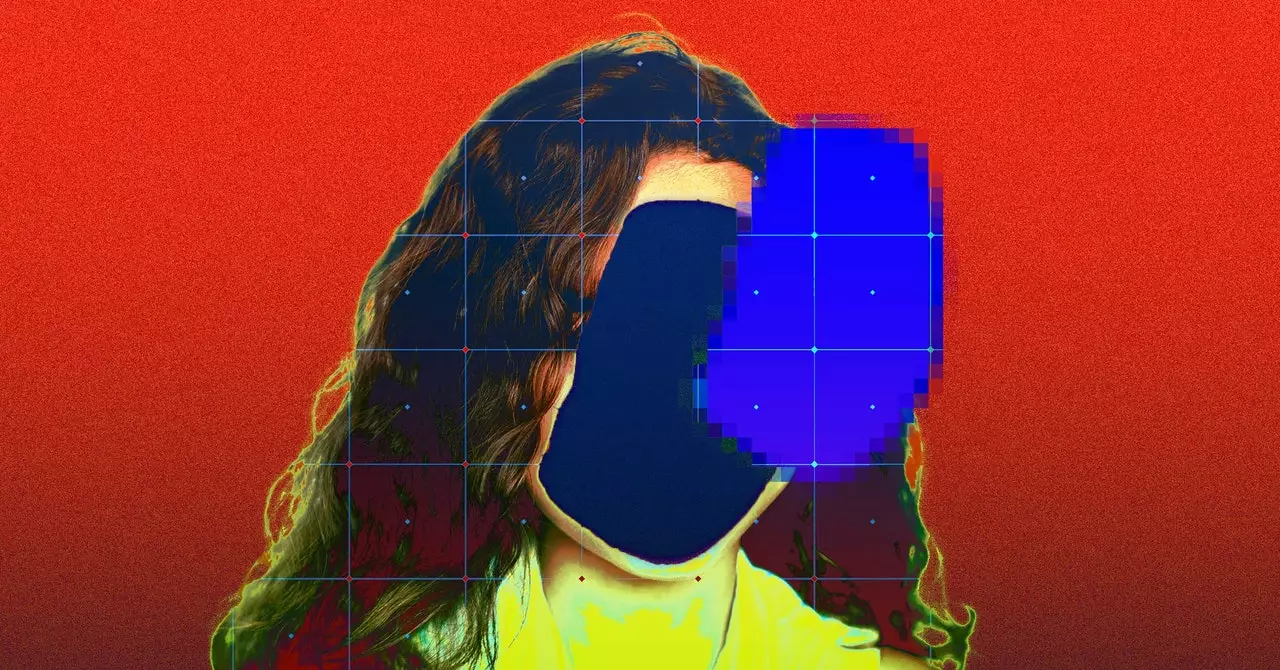The recent report from Human Rights Watch has shed light on a concerning issue regarding the use of children’s images in AI training without their knowledge or consent. Over 170 images of children from Brazil have been scraped and included in the LAION-5B dataset, raising serious questions about privacy and ethical considerations. It is alarming to think that personal details of these children, along with links to their photographs, have been used to train AI models without any consent from the individuals involved.
Unforeseen Consequences
The images in question were scraped from content posted online, some of which date back to the mid-1990s. This raises concerns about the long-term implications of sharing personal photos and information online. In an age where internet users might not anticipate that their content could be used in such a manner, the need for stricter regulations and safeguards is evident. The fact that these children’s images were sourced from mommy blogs, parenting blogs, and YouTube videos further emphasizes the need for greater awareness about online privacy.
The use of children’s images in AI training datasets without consent is not only a violation of privacy but also raises legal and ethical questions. LAION-5B, based on Common Crawl, has been a popular source of training data for AI startups, highlighting the need for clearer guidelines on data usage. Organizations like LAION need to take responsibility for the data they collect and ensure that it is obtained ethically and with proper consent.
In response to the report, LAION has taken down the contentious images and is working with various organizations to remove all references to illegal content. However, the impact of such actions on the children whose images were included in the dataset remains a cause for concern. The potential for misuse of AI tools to create realistic imagery of children raises the stakes even higher, necessitating immediate action and accountability from all parties involved.
The case of LAION-5B serves as a stark reminder of the ethical considerations that must be taken into account when using AI technology. It is not enough to rely on existing laws and regulations; a proactive approach to safeguarding privacy and ensuring consent is essential. As AI continues to advance and become more integrated into our lives, it is crucial that we address these ethical challenges head-on and prioritize the protection of vulnerable individuals, especially children.


Leave a Reply